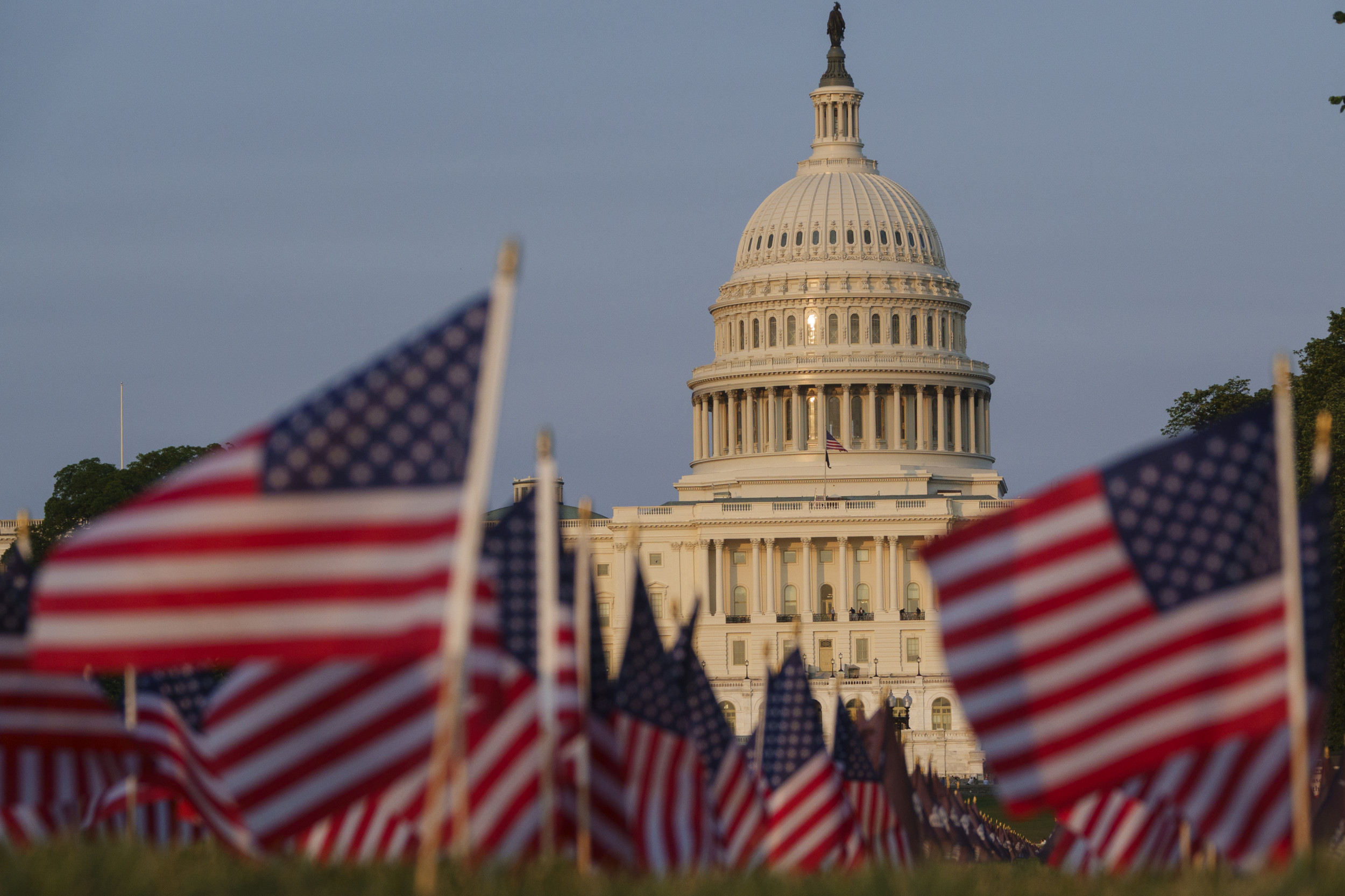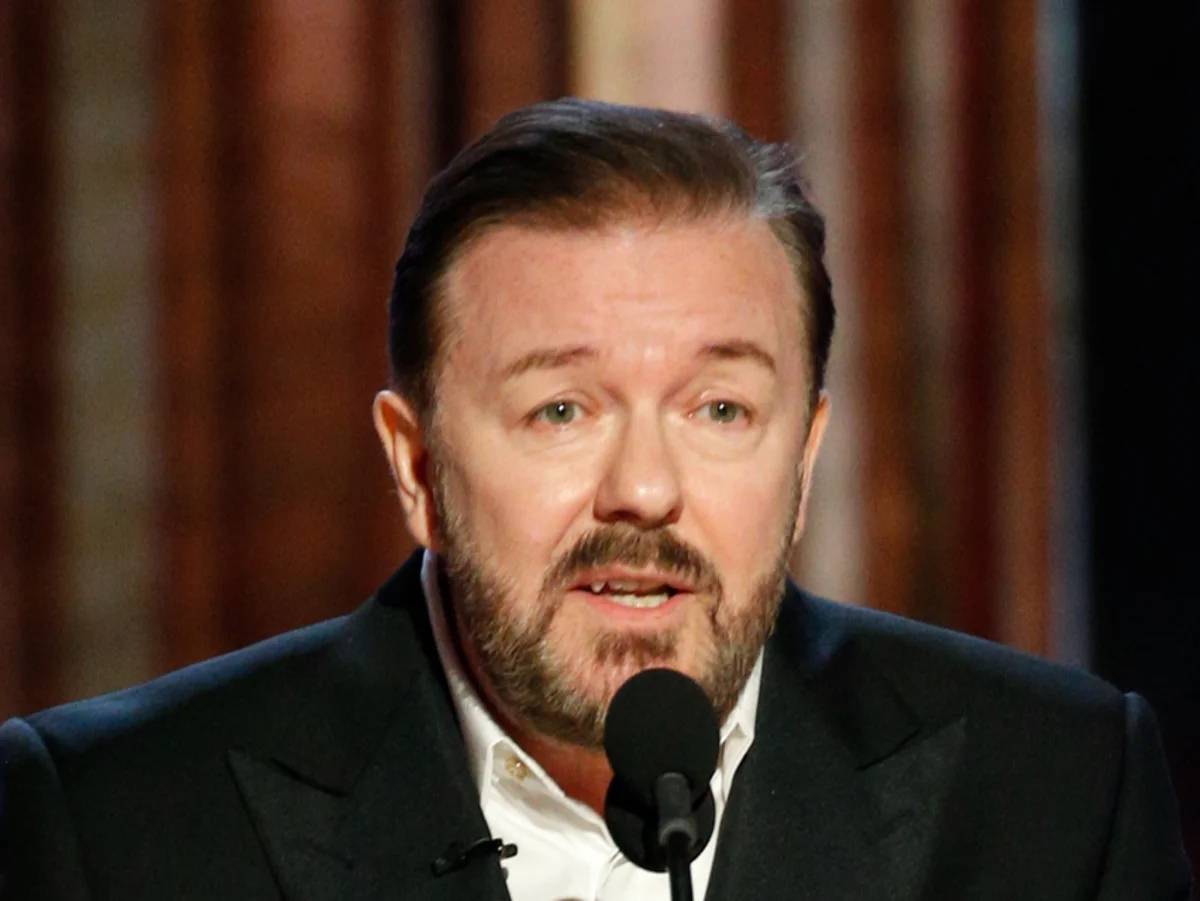By News18
Copyright news18

Riga [Latvia], September 21 (ANI): Latvia is preparing to increase the value-added tax (VAT) on books, textbooks, press, and other publications printed in Russian, along with several other languages, according to a draft budget proposal submitted by the Finance Ministry, RT reported.The move is part of a wider shift in the Baltic states’ approach since the escalation of the Ukraine conflict in 2022. Along with Estonia and Lithuania, Latvia has adopted a more hardline stance toward Moscow, introducing stricter language laws and placing restrictions on its large Russian-speaking minority, which accounts for nearly a quarter of the population, RT noted.As per the draft plan, from 2026 VAT will increase from 5 per cent to 21 per cent on both printed and digital books, newspapers, magazines, bulletins, news agency outputs, and online publications not published in Latvian or in the official languages of the European Union, candidate countries, or members of the Organisation for Economic Co-operation and Development (OECD).The legislative drive has been visible in other measures as well. In May, Latvia’s parliament, the Saeima, passed a rule requiring MPs to use only Latvian in their official duties and when addressing citizens.A month later, Aleksey Roslikov, an MP from the ‘For Stability’ party, was expelled from a session for partly delivering his speech in Russian. Roslikov, who denounced what he described as the marginalisation of Russian speakers, was subsequently investigated, RT reported.More recently, state broadcaster LTV said that Latvian authorities had ordered 841 Russian citizens to leave the country after they failed to take or pass a mandatory language exam.The Kremlin has described such measures as “blatant discrimination” against Russians and branded Latvia’s policies as Russophobic.In response, Moscow has introduced its own countermeasures. In July, Russian President Vladimir Putin signed off on a new language strategy to bolster the use of Russian both domestically and abroad.According to RT, the policy is aimed at resisting efforts to curb the language, “cancel” Russian culture, or discriminate against Russian media. (ANI)



